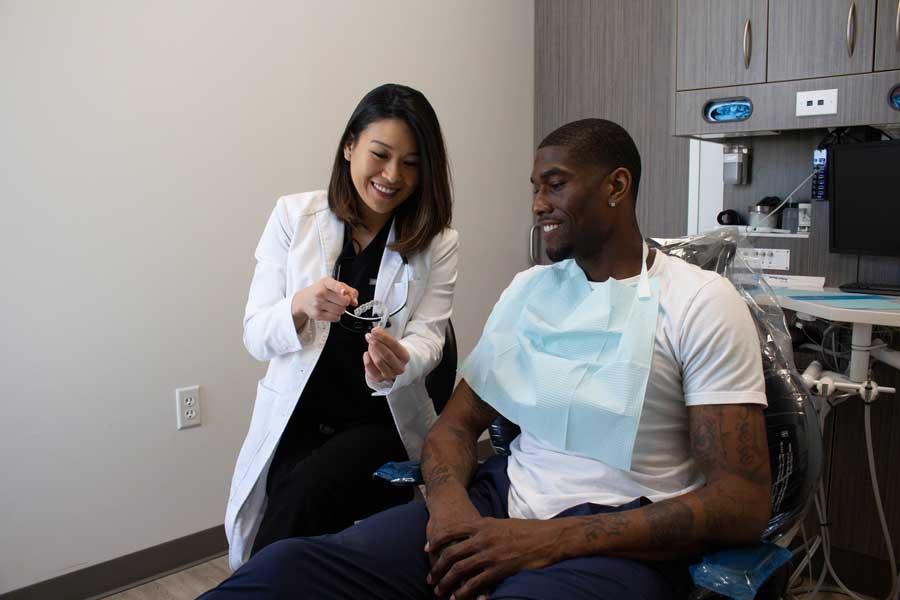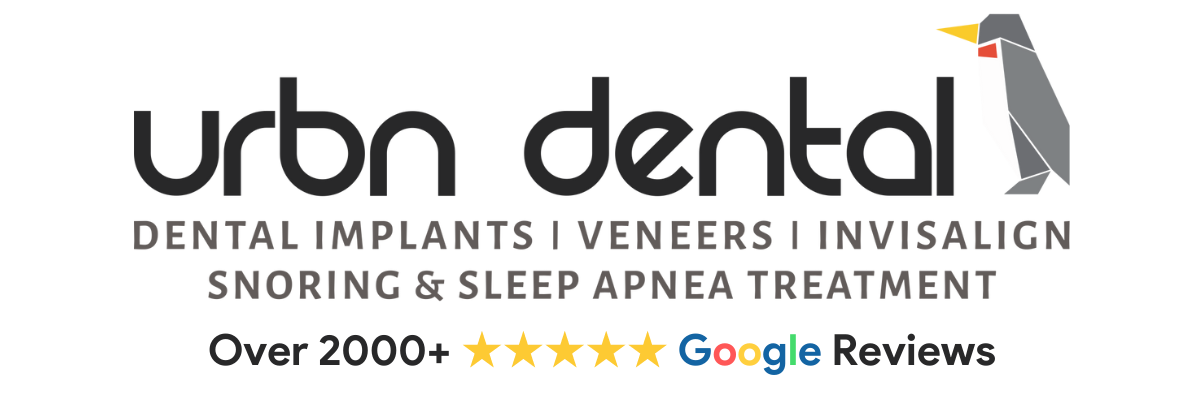SLEEP APNEA
Sleep Apnea is a serious sleep disorder during which you stop breathing temporarily while sleeping repeatedly.
Sleep Apnea Symptoms and Risks
What is Sleep Apnea?
In most cases, people aren’t aware that they have sleep apnea because they’re asleep at the time. However, if you’ve been told that you snore too much or if you’re tired even after a full night’s sleep, it’s extremely likely that you have sleep apnea icd 10. To know more about icd 10 code for sleep apnea, go through our article carefully.
Types of Sleep Apnea
There are basically three different types of sleep apnea. It’s important to identify which of them you may fall under in order to treat sleep apnea properly.
- Obstructive Sleep Apnea: This is type of sleep apnea occurs most frequently. During this condition, your throat muscles relax and prevent you from taking in air.Do you know about obstructive sleep apnea icd 10? It is a reversible & recurrent obstruction of the pharyngeal airway when people are asleep. ICD-10 code for Obstructive sleep apnea (G47. 33) is classified medically under WHO under the diseases of the nervous system.
- Central Sleep Apnea: This happens when there’s a disconnect between your brain and the breathing-related muscles.
- Complex Sleep Apnea: This is a combination of both obstructive and central sleep apnea.
Obstructive Sleep Apnea Causes
As mentioned above, obstructive sleep apnea occurs when the muscles in your throat relax. These muscles generally support the tissue hanging from the uvula known as the soft palate. They also support the tonsils, tongue, and the sides of the throat.
When these muscles relax, your airway constricts, which prevents you from breathing in effectively and you don’t get enough air. This causes your body to lose oxygen, which sends signals to your brain to briefly wake you up so you can resume breathing by opening up the airways.
This pattern of relaxing the muscles, losing oxygen, waking up briefly and opening the airways may repeat 5 to 30 times every hour and all through the night. Even if you don’t remember waking up during these moments, your body remembers, and you suffer from hypersomnia the next day. Schedule an appointment with a local doctor to get a precise diagnosis and treatment for icd 10 obstructive sleep apnea.
What Are The Symptoms Of Sleep Apnea?
Even though there are three different types of sleep apnea, the signs and symptoms of obstructive sleep apnea and central sleep apnea are similar. As such, you can’t determine which type of sleep apnea you’re suffering from based on the sleep apnea symptoms alone.
The following are the most common signs of sleep apnea:
- Excessive snoring.
- Another person reporting that you occasionally stop breathing in your sleep.
- Gasping for air when you momentarily stop breathing in your sleep.
- Dry mouth when you wake up.
- Headaches early in the morning.
- Insomnia or the inability to fall asleep at night.
- Hypersomnia or the desire to sleep even during the day.
- Lack of focus and inattentiveness.
- Heightened irritation and frustration.

Central Sleep Apnea Causes
Central sleep apnea isn’t as common as obstructive sleep apnea, but its explanation is fairly simple. This is a condition in which your brain doesn’t transmit the necessary signals to your breathing muscles. As such, you stop breathing every once in a while. Once your oxygen level starts falling, you are quickly roused from sleep so you can resume breathing again.
What are the Conditions Associated with Sleep Apnea?
The following are some of the most common conditions associated with sleep apnea.
- Hypersomnia: Long undisturbed sleep is necessary to function properly the next day. However, with sleep apnea, you keep waking up intermittently, even if you’re not aware of it. This leads to hypersomnia, which results in drowsiness, fatigue, and irritability all throughout the day. This, in turn, causes you to lose focus, become inattentive, and also get moody and depressed.
- Insomnia: Some people also suffer from insomnia due to sleep apnea, especially those who are sensitive sleepers. After you wake up a few times because of your sleep apnea, you may not be able to go to sleep again. This, in turn, also leads to hypersomnia.
- Snoring: People with sleep apnea also snore excessively and loudly. This makes sleep difficult for your partner as well and they may have to either go to another room or use earplugs to sleep. As such, sleep apnea also affects those around you.

Losing sleep can negatively affect your life in many ways.
What Are Effects of Long Term Sleep Apnea, If Left Undiagnosed?
Sleep apnea is a serious medical condition. If you suffer from it, you need to seek immediate treatment. Failure to diagnose and treat sleep apnea in a timely manner can lead to a number of complications.
The following are some of the effects of long term sleep apnea.
- High Blood Pressure: When you suddenly lose oxygen while sleeping, your blood pressure increases, which places great stress on your cardiovascular system. Over time, this results in sustained high blood pressure.
- Heart Issues: Continued fluctuations in the blood oxygen level and blood pressure can also lead to heart issues like abnormal heartbeats, heart attack, and strokes. Furthermore, a sustained irregular heartbeat can also be deathly.
- Type 2 Diabetes: Sleep apnea makes it so that you develop a resistance to insulin, which can lead to type 2 diabetes.
- Liver Problems: People suffering from sleep apnea often show signs of scarring and damage on their liver function tests.
- Metabolic Syndrome: This is a condition that leads to high blood pressure, high sugar level, increased weight, and fluctuating cholesterol levels. All of these conditions can also increase the likelihood of heart conditions.
Don’t let a lack of sleep affect your productivity.
How to Cure Sleep Apnea?
Once your sleep apnea doctors near me diagnose the sleep apnea, you may be referred to different sleep apnea treatment options and procedures. The following are the most effective sleep apnea treatment options.
- Continuous Positive Airway Pressure (CPAP): CPAP machines are the most common sleep apnea devices. This device in which air pressure difference is used to keep your upper airway passages wide open and facilitate breathing through a mask when you sleep. Even though this is a popular sleep apnea treatment, it’s incredibly uncomfortable, and people often report that it prevents them from sleeping comfortably.
- Auto CPAP: This airway pressure device moderates the pressure automatically when you sleep.
- BPAP: This is yet another airway pressure device that provides more pressure upon inhaling and less upon exhaling.
- Vivos Sleep Apnea Appliance : If you’re seeking an effective alternative to CPAP, Vivos may be the right option for you. Designed to specifically address sleep apnea, this remarkable device offers a non-invasive and comfortable treatment option. Say goodbye to snoring and the disruptive symptoms of sleep apnea as Vivos sleep apnea device reduces or eliminates these issues with its unique design and functionality.
Sleep Apnea Treatment Near Me
At URBN Dental, our skilled dentists specialize in utilizing the Vivos sleep apnea device to effectively treat sleep apnea. The Vivos sleep apnea device is a state-of-the-art treatment option designed to address the underlying causes of sleep apnea. It works by gently repositioning the jaw and supporting the airway, promoting improved airflow during sleep. This innovative device is customized to fit your unique oral structure, ensuring maximum comfort and effectiveness. Schedule your appointment now and ask us for more information on how to cure sleep apnea.

